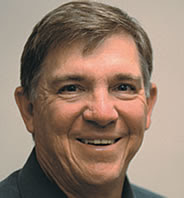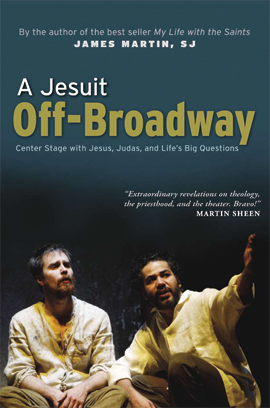"Waiting for Mozart,"
by Charles Pilon
A page-turning novel because of the drama in the conflict, yet not exactly bestseller quality?
Interesting characters, but sometimes quasi-believable stereotypes?
Spot-on lessons for life, yet propaganda-filled?
The questions were the aftertaste from furiously reading Chuck Pilon’s “Waiting for Mozart.”
It’s a good novel, if you judge by the fact that you just have to keep reading to find out how the conflict is going to end between the pastor and the parish council at fictional St. Mary Parish in fictional Mapleton, Minn.
But the getting there isn’t smooth.
I’m certain there is a parish somewhere where disagreements are unknown, but I’ll bet everyone who has ever been involved with a parish council – or run up against seemingly unreasonable leadership in any setting – will both recognize and empathize with the people caught up in St. Mary’s tempest.
Pilon’s captured the flavor of some of that in the post-Vatican Council II church. Since he formerly served as a priest, I’m sure that he’s writing in part from real-life experiences.
Yet the jagged edges of the writing, the dialogue that just doesn’t sound like any real person speaks, are distracting, from a literary critique point of view. I’d have loved to have read this book after a tougher editor got a hold of the text.
For contrast, think of the crisp repartee in the play “Mass Appeal,” for example, superb writing on a similar subject matter.
As delicately as it is worded, there’s propaganda on these pages, and maybe enough to anger Catholics on several sides of the celibate male priesthood concept. Pilon has an archbishop character predict that, “When the time is right, the Holy Father will make the change in a way that will re-introduce the idea and the practice of having a married clergy. Eventually that will include women.”
That kind of statement would surely earn the darts of one segment of the church, but then the character quickly adds, “That’s my opinion. I think it’s coming, but the Church isn’t ready for it. The people aren’t ready.” And that will just as surely tick off another segment. The permanent diaconate takes a shot as well.
But this is a novel, after all, and it deserves to be read as a novel. The propaganda isn’t hidden, it’s right out there in the open.
And the lessons Pilon shares are worth absorbing, such as:
- "Sometimes the wrapping is as important as what's in the package....Commitment and being right aren't the only important things. You've got to reach the listener. It's possible to always be right and never be heard."
- "We've got to keep in mind that the really crucial issues, even in today's church, are few in number. Not many that a guy would want to die for. I don't have to have an answer for everything."
- "The only day worth living is the day I do something to bring people together."
- "Be hard on the problem, go easy on the people involved."
- "When you're in the heat of things, it's hard to remember that war almost never brings peace. You forget that you can't be a reformer if you think in terms of them and us. That way, everyone loses; nobody finds the Grail. You get fixed on final, forever-like answers. You write the last chapters when the story is still unfolding."
So, despite it's lack of perfection, "Waiting for Mozart" is worthy of print and worthy of reading both by the leaders of the church and the People of God, if only so that some of the novel's lessons enter into those contentious times in church life. -- bz



No comments:
Post a Comment